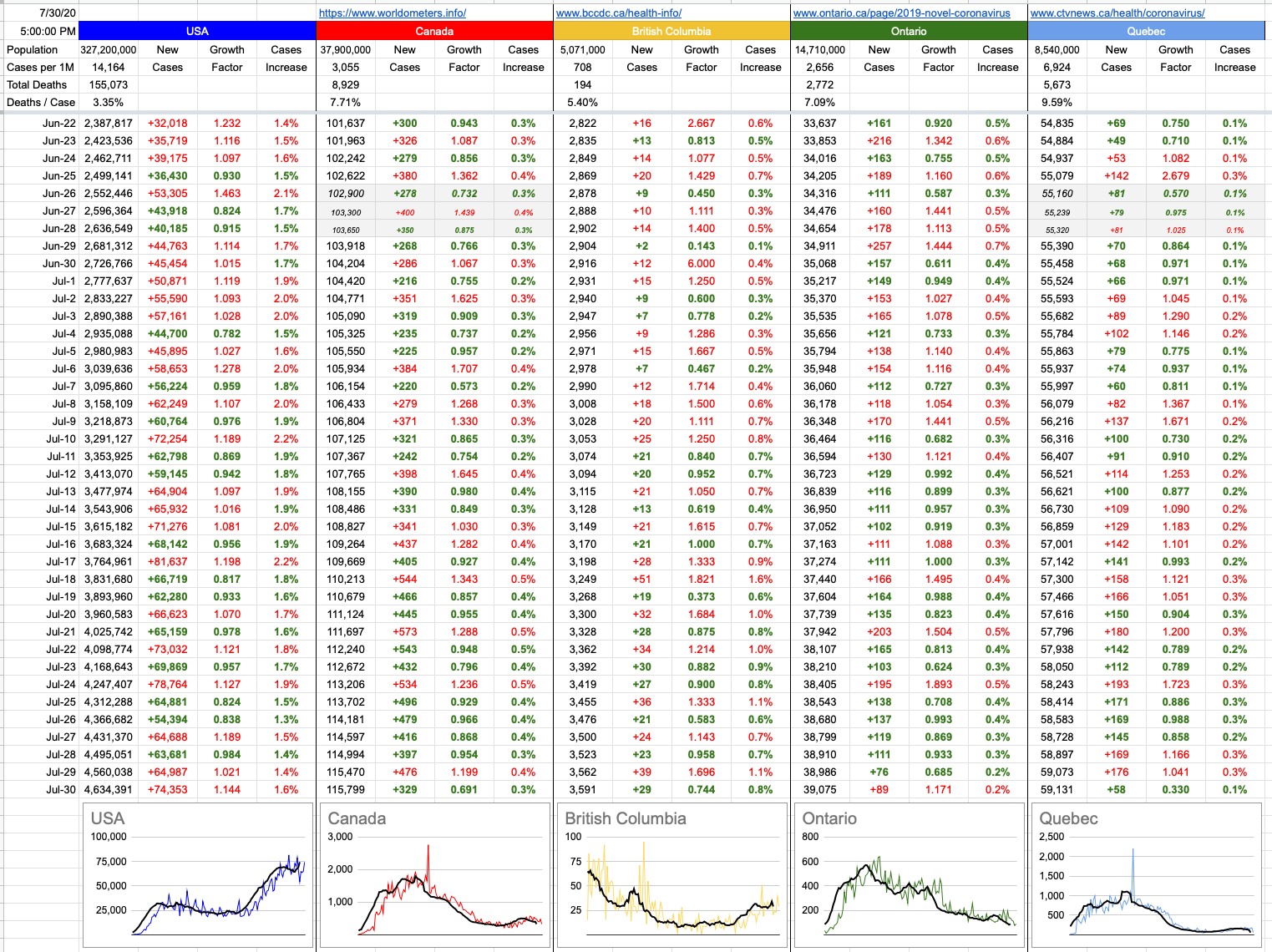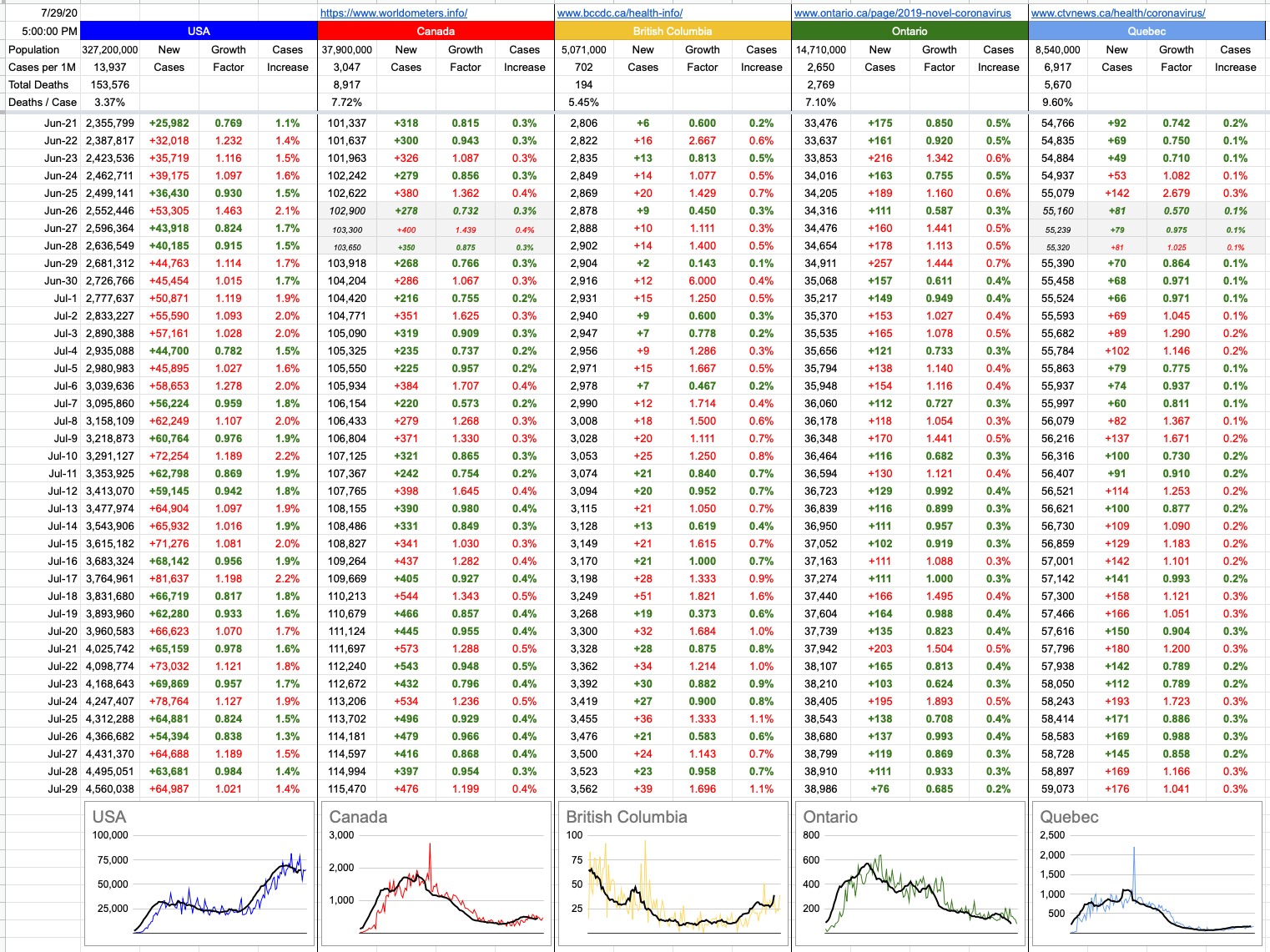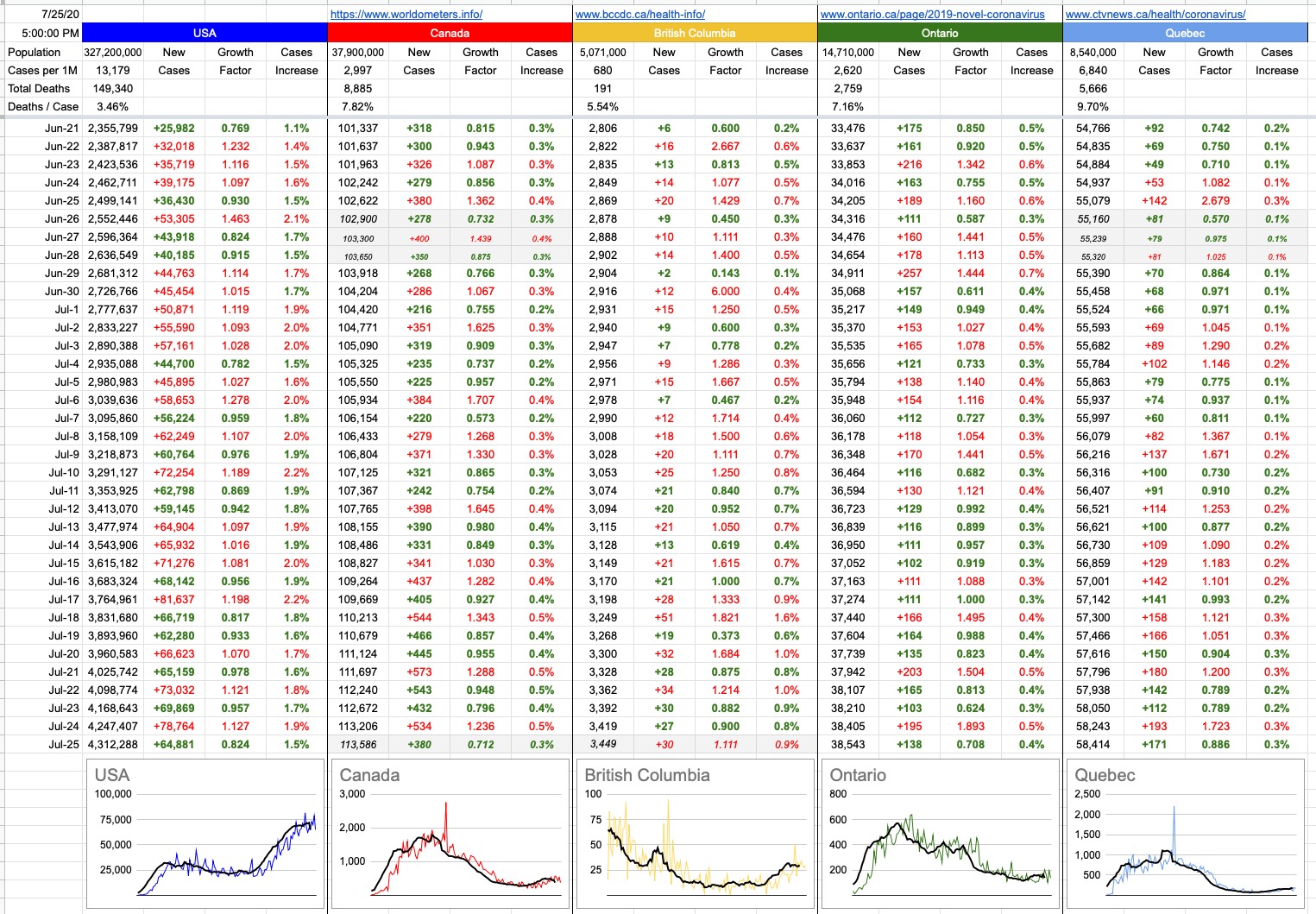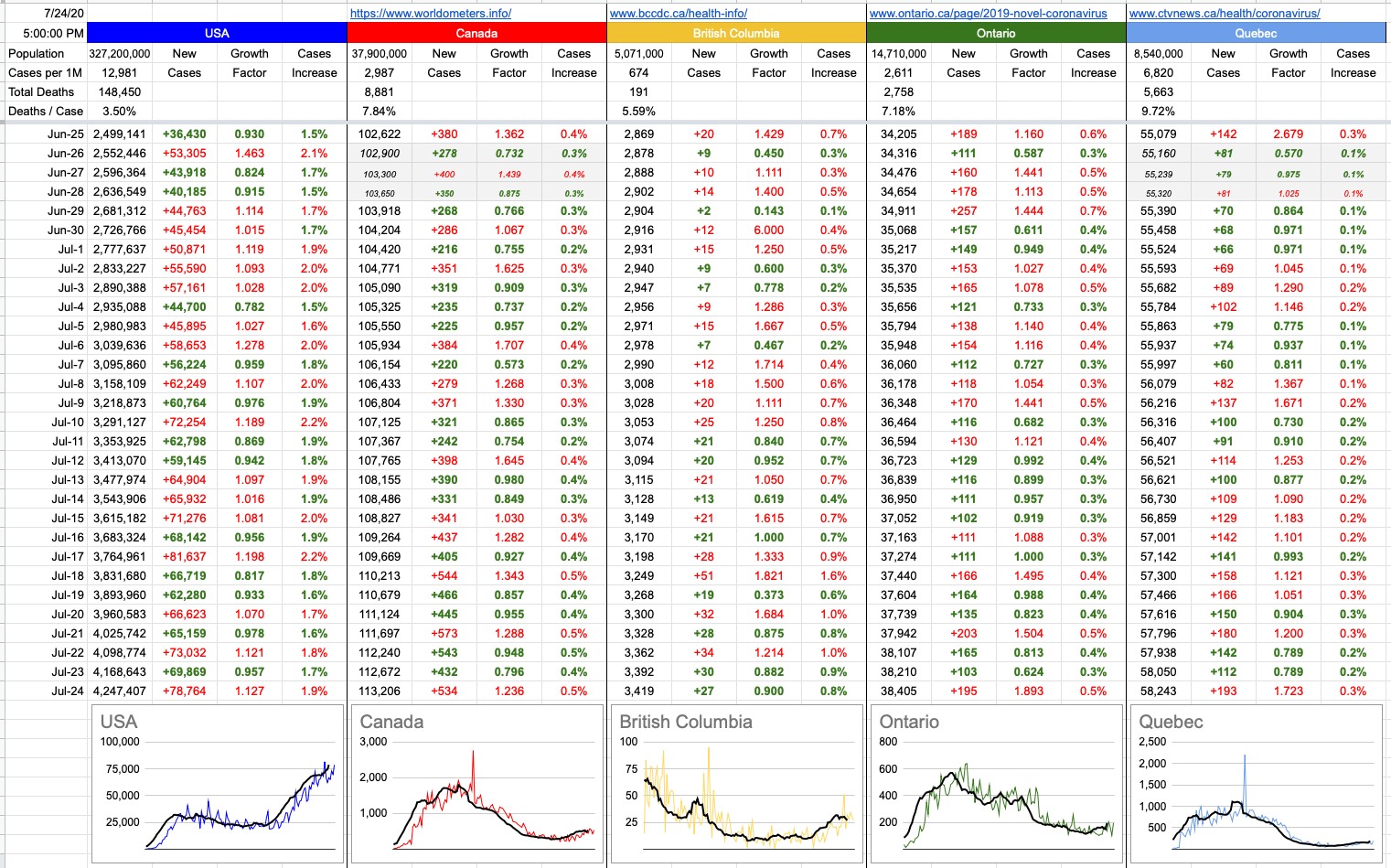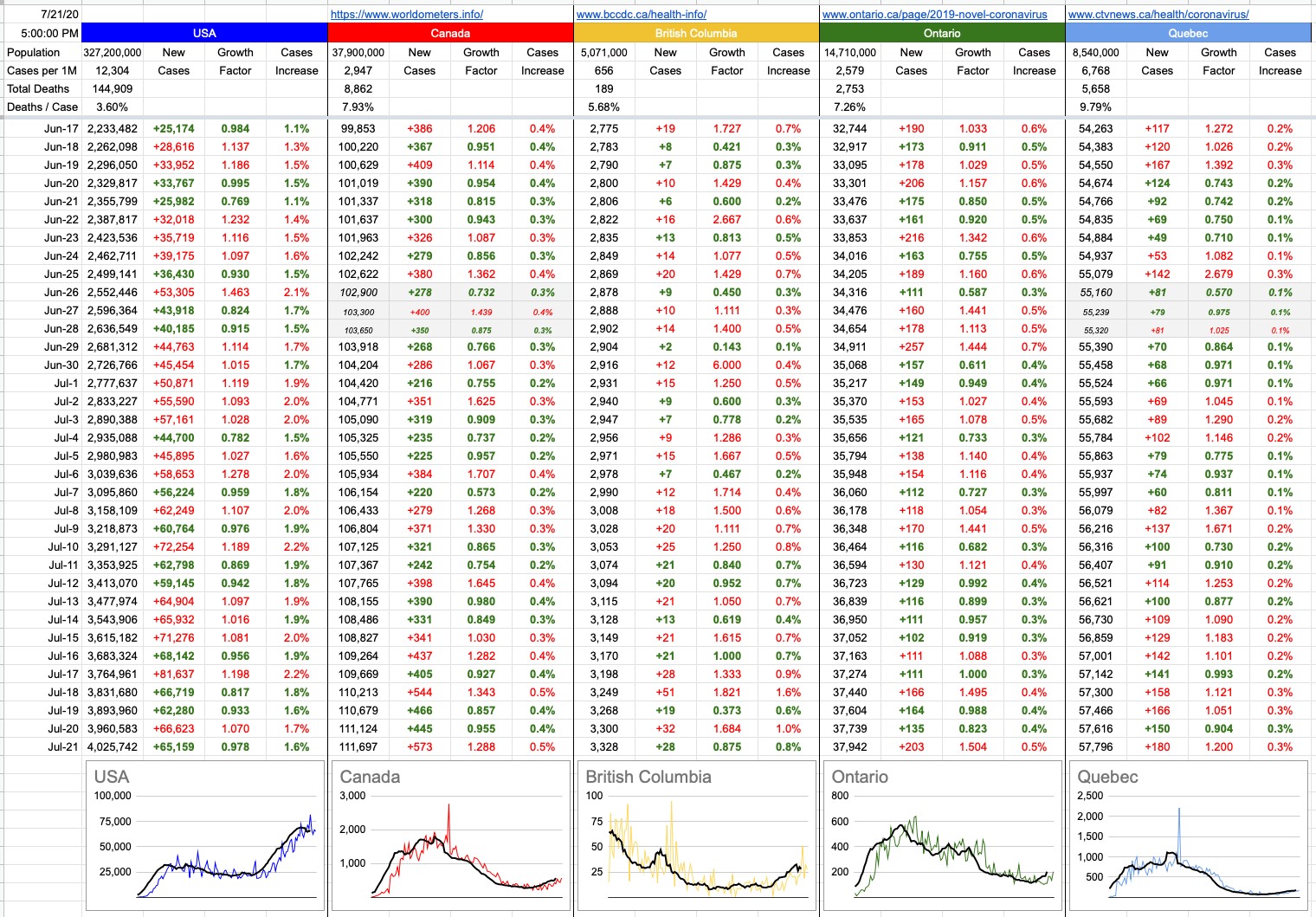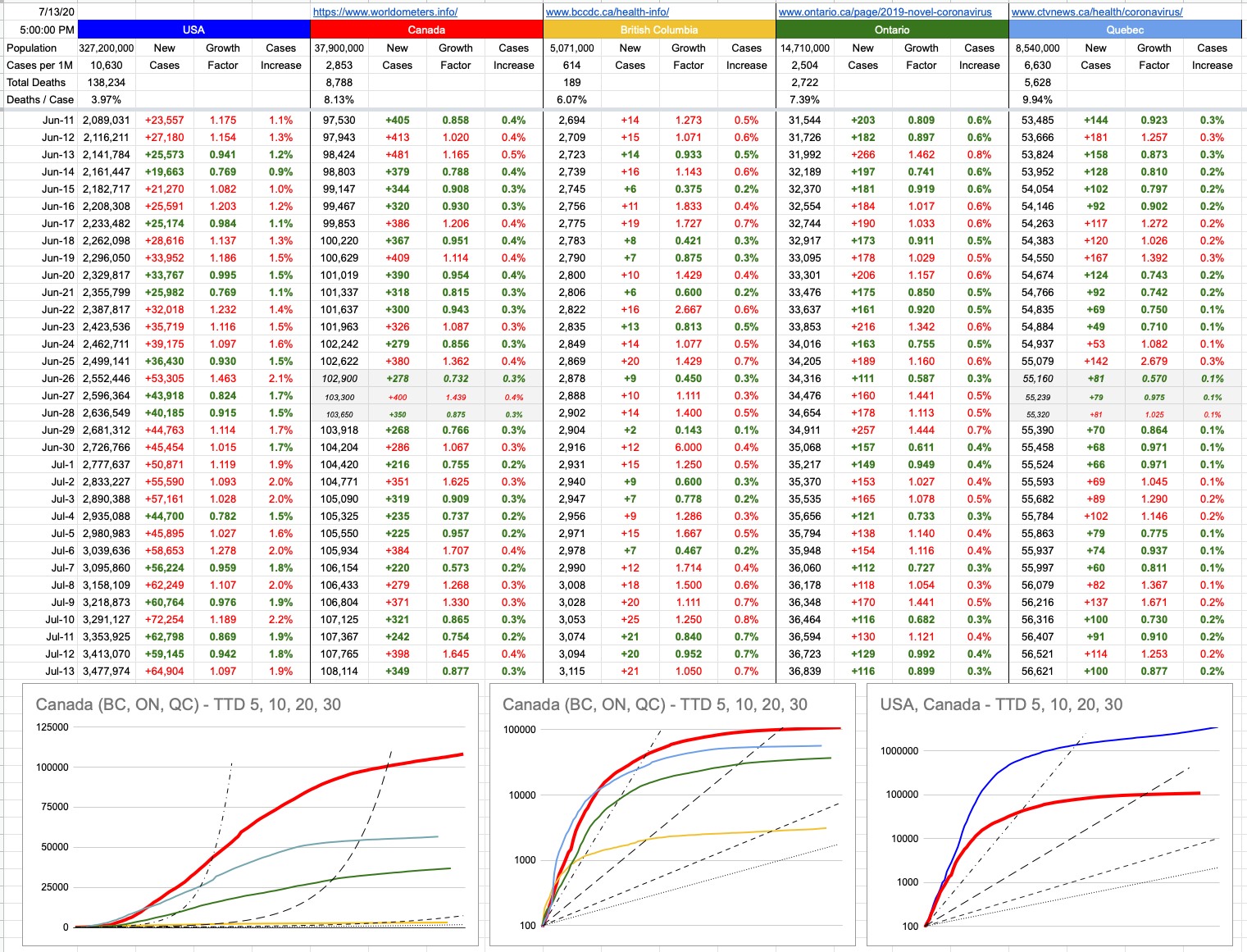July 30, 2020
Ages ago, there used to a fiddler who’d stand outside the west entrance of the racetrack, sawing away at his instrument… the open violin case in front of him, ready to catch the loose change offered by fortune-seeking horseplayers. Because that’s how Karma works, right? You magnanimously throw a dime at a beggar, and you’re sure to hit the Trifecta for $780.
A lot of people must have thought that way, because the guy did ok. He was always there on the way in, and he was certainly there on the way out, to catch the loose change… or hopefully, bills… of the actual few winners who managed to cash in on that last race. As per every racetrack or casino in the world, the trick isn’t winning; the trick is leaving the place with your winnings still in your pocket. And when you manage to do that, you’re usually feeling pretty generous.
I’d wondered what the guy did with all that change… did he go home and meticulously roll it? Show up at the bank with bags of change? Did he just spend it, and make people wait at the cashier lineup while he carefully counted it out? It turns out the answer was much simpler.
One day, I happened to be standing at the bottom of the entrance ramp just moments before the last race of the day… and down the ramp came fiddler guy, holding his case wide open.
At the betting windows, all of the mutuel clerks (ie. tellers) saw him coming, and all of them instantly slammed their [Closed] shingles in front of their windows. Well, all but one unlucky teller who’d been busy, looking down… and didn’t notice his impending arrival. The guy made a bee-line, straight to her, and, just as she looked up, he dumped the entire contents of the violin case… probably more than $20 worth of quarters, dimes, nickels… but mostly pennies… on the counter and floor and everywhere else.
“All of it to win on number 6!”, he screamed at her.
“I told you not to do that!”, she screamed back.
Number 6 didn’t win, which might mean the guy wasn’t too good at picking horses. But you can’t really tell with a sample size of one. However, what he also wasn’t good at was… playing the fiddle. And that sample set was a lot bigger. Back in those days, racing was 5 days a week, from mid-April to mid-October. Let’s do the math… 24 weeks x 5 days = 120 days, and he was out there at least 8 hours a day… so close to 1,000 hours a season. And for at least 10 years, there’s 10,000 hours… that magic number that Malcolm Gladwell claims in his bestseller “Outliers” is the number of hours needed to master anything. Ironically, he mentions music – specifically violins – as a good example. Anyone can pick up a violin/fiddle (they’re the exact same musical instrument, by the way…) and master it by just putting in the hours.
Well, horseshit. If you, having never picked up the instrument, walked into a music store and just tried it, gingerly sliding the bow across the strings, making some sort of squeaky sound… that’s what that guy sounded like. Always. It never changed. He never improved. More than ten thousand “wasted” hours.
Which just proves the point, it’s not all about the hours. I’m not sure what the right number is, but that’s not even the point. The point is – quality time versus quantity time. Quantity means nothing if the quality isn’t there, and I’d venture to guess that 100 quality hours of practice beats out 10,000 hours of doing it wrong.
We can forgive Gladwell, because his sample set of musicians were from an actual music academy. That’s not a random sample set, and it certainly doesn’t include some degenerate gambler/Charlie Daniels look-alike.
This all came to mind while banging away at the piano, on a difficult piece I’ve been working on for… well, not yet 10,000 hours, but it’ll likely take that long. Chopin’s Nocturne in C-sharp minor has probably had far more talented musicians bang away at it for far less time… yielding far better results. Nevertheless, I’m enjoying it… and maybe that fiddler enjoyed his fiddling too.
And these days, this pandemic is going to keep us pretty isolated for a while. Lots of time to put in the hours… you can draw, write, sculpt, paint, cook, plug away at the piano/violin/clarinet/trumpet/harp/whatever… just be sure you’re enjoying it, and not just putting in the hours.
Quality… not quantity.
View Original Post and All Comments on Facebook


